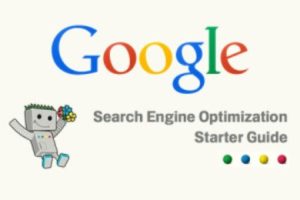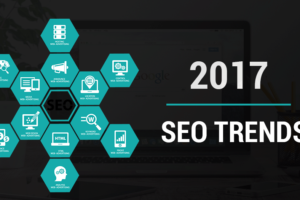Digital marketing concepts
Digital marketing concepts involves SEO, SMO, SEM and SMM

Digital marketing concepts
SEO – Search Engine optimization
Search engine optimization (SEO) is the practice of operating aspects of Web site to increase its ranking in the search engines. A variety of approaches are taken to accomplish that goal, such as submitting the Web site to directory services and addressing the Web site structural design and content.
Even though there are legal companies that help Web sites to increase their rankings, according to the Google’s page about SEO, most such offers that appear in an e-mail messages are of little to no value. The search engines own Webmaster frequently gets SEO marketing offers suggesting that Google does not show up well in the search results.
SMO – Social media Optimization
Abbreviated as SMO, Social media optimization is the process of improving the awareness of the product, brand or event by using number of social media outlets and communities to generate viral publicity.
Social media optimization includes using RSS feeds, social news and bookmarking sites, as well as the social media sites, video and blogging sites. SMO is similar to SEO – search engine optimization in that the goal is to drive traffic to the Web site.
SMM – Social media marketing
SMM – Social media marketing is form of Internet marketing that uses social networking websites as marketing tool. The goal of Social media marketing is to produce the content that users will share with their social network to help company enhance the brand exposure and broaden customer reach.
One of the key components of SMM is SMO (Social media optimization). Like SEO, SMO is strategy for drawing new and unique visitors to the website. SMO can be done in two ways: adding social media links to the content, such as RSS feeds and sharing buttons — or promoting activity through social media by updating statuses or tweets, or blog posts.
SMM helps to company get direct feedback from the customers and potential customers as making the company seem more personable. The interactive parts of the social media give customers the opportunity to ask questions or voice complaints and feel they are being heard. This aspect of SMM is called social customer relationship management (Social CRM).
SMM became more common with the enhanced popularity of websites such as Facebook, Myspace,Twitter, LinkedIn, and YouTube. If company or its advertising agency provides blogger or other online commenter with free products or other incentives to generate the positive buzz for the product, the online comments will be treated legally as endorsements. Both the blogger and the company would be held responsible for an ensuring that the incentives are clearly and noticeably disclosed, and that the bloggers’ posts contain no misleading or unconfirmed statements and otherwise complies with the FTC’s rules concerning unfair or misleading advertising.
SEM – Search Engine Marketing
Abbreviated as SEM is type of Internet marketing connected with the researching, submitting & positioning of thewebsite within search engines to attain maximum visibility and enhance the share of paid and or organic traffic referrals from the search engines.
SEM involves the things such as search engine optimization (SEO), competitive analysis, paid listings keyword research, and other search engine services that will enhance the search traffic to the site.
Contrast With SEO
SEM is broader term than SEO. Where SEO aims to provide the better organic search results, SEM helps to successfully target the users of search engines via paid advertising links in search results in addition to an organic search to send the targeted traffic to the website.
SEO and SEM are not opposite services. SEO is measured as subset of SEM services. Today, if want to conduct business on Internet need to be visible in both organic and advertised links, which means need both SEO and SEM.
Digital marketing concepts




